All parents want their children to do well in life; not just to survive in society but to excel. We prepare ourselves to be dutiful parents, and we prepare our children to give them the best for growing up.
At what point do responsible parenthood and parental effort cross into hyper-parenting?
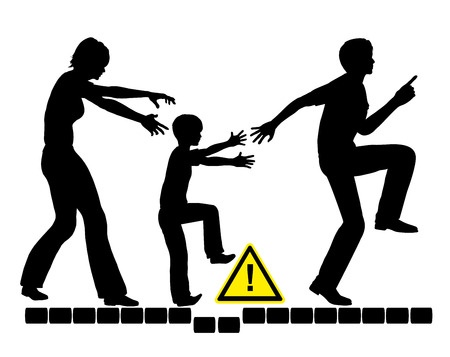
The level of parental anxiety today is higher than in our parent’s time as we live in an increasingly competitive society. There are resources teaching how to analyse a baby’s cries, how to train for sleep in a variety of ways, whether your toddler is holding a pencil correctly. Flashcards and videos are available for babies to become baby Einstein. There are even courses for babies to join to improve brain absorption and development from a few months old.
Who is a Hyper-Parent?
The hyper-parent does not allow the child to be average. Dr Alvin Rosenfeld in his article ‘The Hyper-Parenting Trap‘ noted the temptation of hyper-parenting – “with its premise of fostering successful children. It blueprints every facet of creating “winner” kids through early activities, combined with intense practice, parental selflessness, and ceaseless devotion to being best.”
How can we avoid being one?
- Be discerning about advice
Expert resources or parenting advice may help to provide knowledge or increase options in day-to-day parenting or when parenting decisions need to be made. However they should not increase stress or create a higher burden for the parents. Be selective and adaptive about what advice works and what may not be suitable for you and your child.
- Be cautious with ‘popular’ products
There will always be products available to “improve” your child’s functions. Is it necessary to speed up what your child will learn to do normally when they reach a particular age? Before you make a purchase, check if the product will be enriching or something that tears attention from your child and instead cause another layer of problems. Did you know there are prams on sale with media device holders? Now children and babies need to be stimulated on the go while being pushed.
- Let your child have unscheduled times
Free time is not necessarily “unproductive”. It allows children to imagine, create and decide what they want to do. Don’t let children be so tightly scheduled that if left alone, they may not know what to do with themselves. As adults we may be so used to multi-tasking and making every second count; we need to remember our children are not us.
- Childhood is a preparation, not a performance
As parents, we need to be discriminating towards external expectations that are exerted on parents and children. Do we push our children to strive towards these imposed standards? Or do we protect them from unnecessary pressures to excel before their maturity?
- Leave spaces to do nothing
A back-to-back schedule sends children the wrong message that they need to keep doing and doing to better themselves. It is healthy for families to spend unproductive times together, be it having a good stroll, sitting by the beach or just spending time with no apparent goal. It shows your child that their company is more precious than other things and this bolsters self-worth.
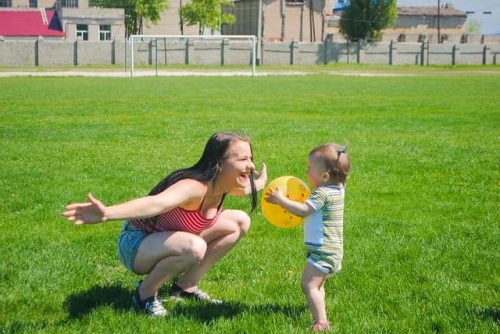
Remember quality time does not have to be organized and structured! It is not so much about the doing.
- Be confident of yourself as a parent and trust your child
Parents who truly know their child and believe that the child will grow up positively in life lends confidence to this happening. If your words and actions portray nervousness or uncertainty, this may deflate the confidence or development of your child.
While parents have the duty to nurture young minds with new experiences and challenge them to think, it is important not to lose sight of what is truly important – the nurturing of happiness and self-worth in a child – as opposed to being a “successful” child.
As Rosenfeld puts it succinctly, “The greatest gift we can give them is the deep, inner conviction that they don’t have to perform well in order for us to love and cherish them.” At the end of the day, remember there is never just one right way to parent a child – every family has its own pace, interests and values.
By Som Yew Ya.
* * * * *
Like what you see here? Get parenting tips and stories straight to your inbox! Join our mailing list here.
Want to be heard 👂 and seen 👀 by over 100,000 parents in Singapore? We can help! Leave your contact here and we’ll be in touch.





































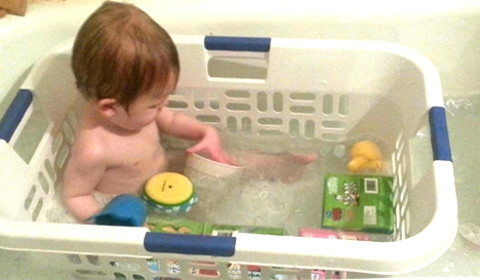
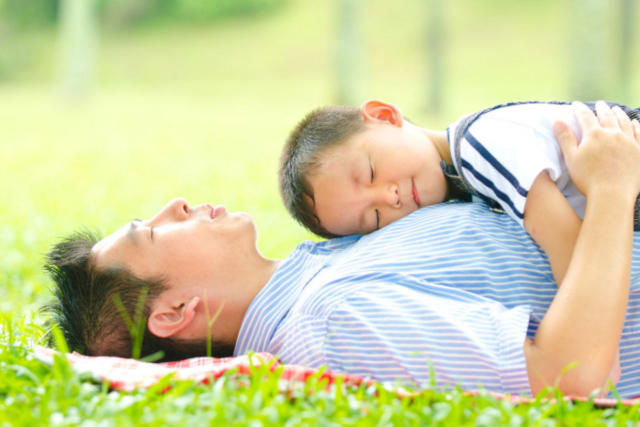
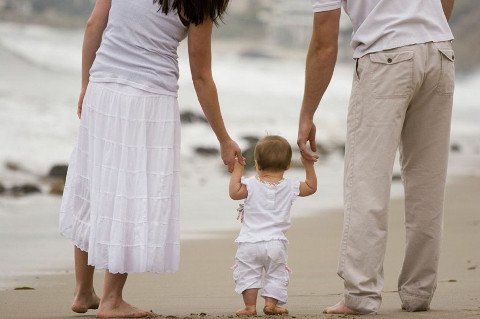
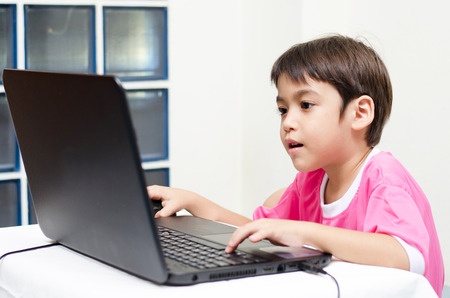



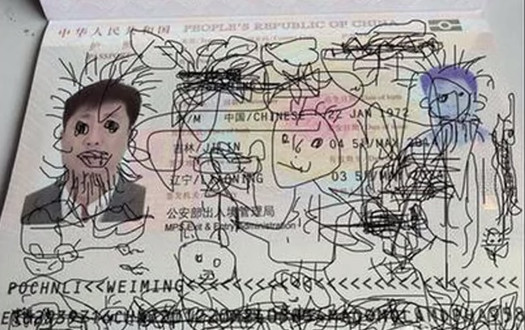



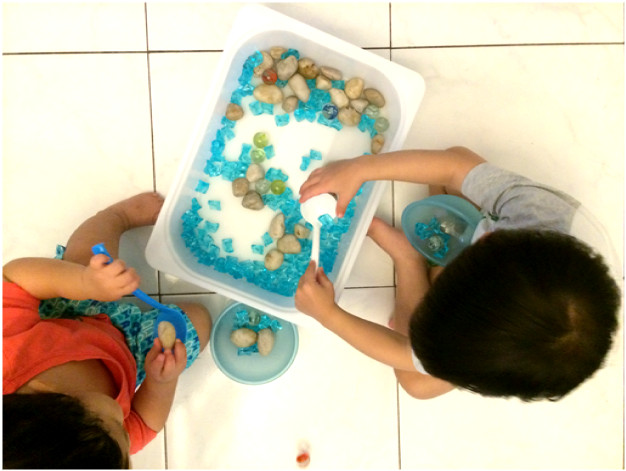









Leave a Comment: